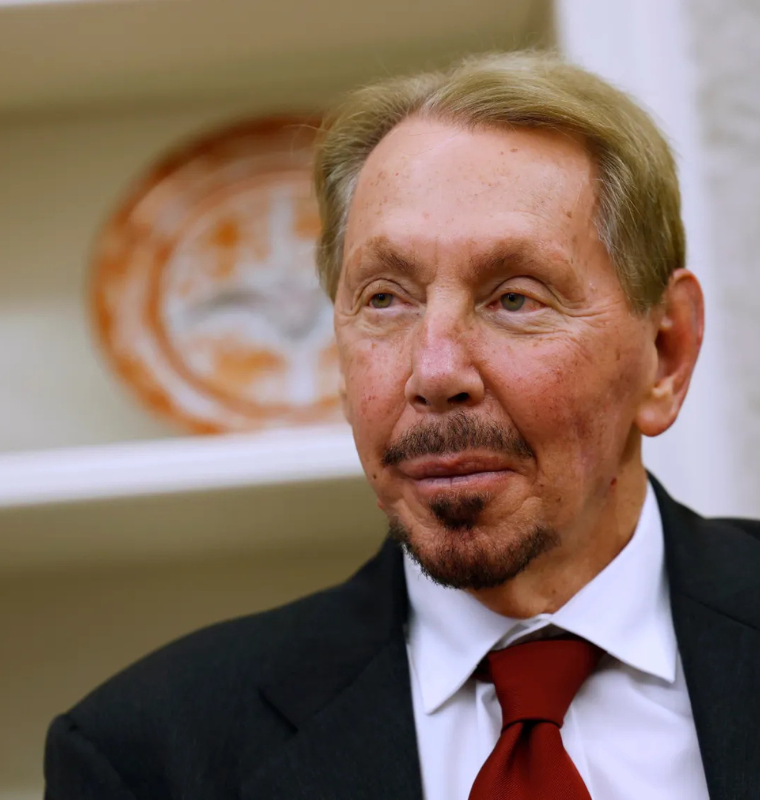CFTC Moves to Dismiss Appeal Against Kalshi’s Political Betting Platform
CFTC Moves to Dismiss Appeal Against Kalshi’s Political Betting Platform
By
Leah Rosenfeld
Last updated:
May 6, 2025
First Published:
August 3, 2025

Source: CNN
In a significant shift, the U.S. Commodity Futures Trading Commission (CFTC) has voluntarily chosen to dismiss its appeal against KalshiEx—a commodities exchange platform that allows users to place bets on the outcomes of political elections. This development could redefine the regulatory boundaries of prediction markets in the United States.
What Happened?
On Monday, the CFTC filed a motion in the U.S. Court of Appeals for the District of Columbia Circuit to drop its appeal of a previous federal court ruling. That ruling, delivered in September by U.S. District Judge Jia Cobb, favored KalshiEx and enabled it to continue offering contracts based on political election outcomes.
The dismissal was not forced by the court but was instead a voluntary decision made by the CFTC, and it came with agreed-upon terms between both parties. Notably, both sides will pay their own legal costs, and Kalshi has agreed to waive any further legal claims arising from the lawsuit.
A CFTC spokesperson confirmed that the agency’s commissioners had formally voted to seek the dismissal prior to filing.
What Is Kalshi?
KalshiEx, co-founded by CEO Tarek Mansour, is a federally regulated exchange that enables users to trade on yes-or-no outcomes of future events—including elections. In January 2024, the platform made headlines when it named Donald Trump Jr., son of former President Donald Trump, as a strategic advisor.
Kalshi's current lineup of tradable political contracts includes:
- The 2028 Republican and Democratic presidential nominees
- The outcome of the Georgia Senate race
- The Republican nominee for the Governor of Ohio
Kalshi operates under the premise that structured event prediction markets can serve as valuable forecasting tools for investors, researchers, and policymakers alike.
Legal Background: The Battle for Regulatory Control
The legal conflict began after the CFTC rejected Kalshi’s request to offer political event contracts, citing concerns about election integrity and potential for market manipulation. However, Judge Jia Cobb ruled in Kalshi’s favor, stating that Congress had not authorized the CFTC to perform a public interest review to deny such contracts.
Although the appeals court initially froze Cobb’s decision, that freeze was later lifted—allowing Kalshi to move forward with its election-related offerings even as the CFTC pursued an appeal.
Now, with the appeal officially withdrawn, Cobb's ruling stands as a precedent—something critics argue could have long-term ramifications.
Reactions from Stakeholders
Kalshi’s Perspective
Tarek Mansour described the dismissal as a “historic” moment, emphasizing that the platform’s commitment to legal and transparent processes has paid off.
“This result is proof of that. Kalshi’s approach has officially and definitively secured the future of prediction markets in America,” he stated.
Public Interest Groups Disagree
However, not everyone sees the decision in a positive light. The nonprofit advocacy organization Better Markets condemned the move, calling it a “stark betrayal of the public interest.”
Stephen Hall, the group’s legal director, expressed concern that the decision:
- Weakens election integrity
- Increases the risk of market manipulation
- Forces the under-resourced CFTC into a role it’s ill-equipped to handle
“This about-face, without any hint of a justification... is an ominous setback for all Americans,” Hall said.
Broader Implications
This decision could set a precedent for how political outcomes are traded in financial markets. With the 2024 presidential election on the horizon, Kalshi’s operations may test the boundaries of what constitutes legitimate speculation versus potentially unethical election betting.
Furthermore, the ruling could encourage other prediction market platforms—such as PredictIt or Polymarket—to seek expanded legal status or relaxed oversight, especially if Kalshi’s model proves successful.
Final Thoughts
As Kalshi gains regulatory breathing room, the debate between financial innovation and ethical boundaries in trading is far from settled. The outcome of this case could reshape the landscape of political betting, with implications extending to market regulation, voter trust, and the intersection of finance and democracy.
Popular articles
Subscribe to unlock premium content
Tokyo’s $500 Million Experiential Retail Revolution

Luxury in the Palm of Your Hand

Star-Studded Brews Transform the Coffee Market

Tokyo’s $500 Million Experiential Retail Revolution

Luxury in the Palm of Your Hand

Tokyo’s $500 Million Experiential Retail Revolution









